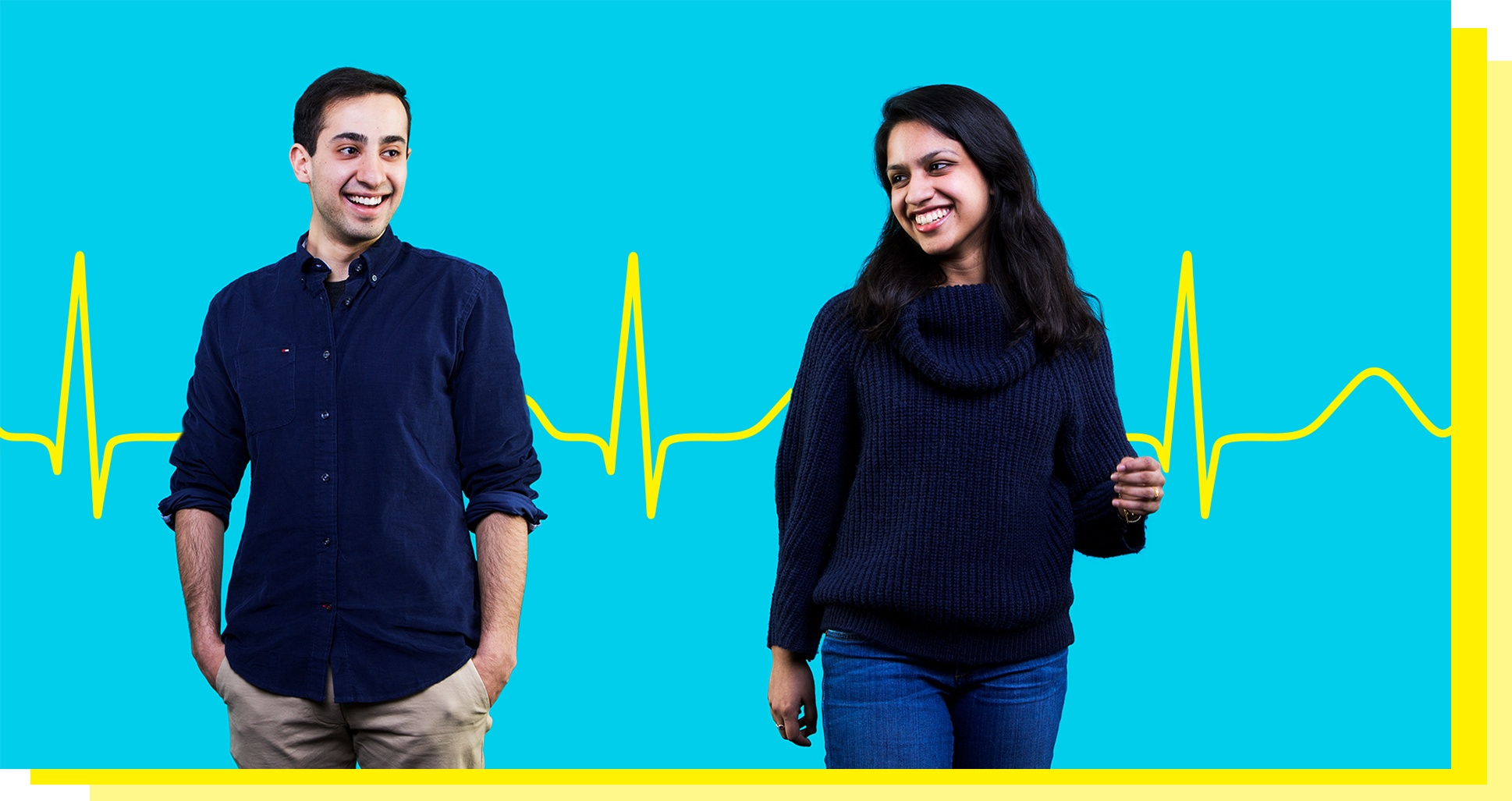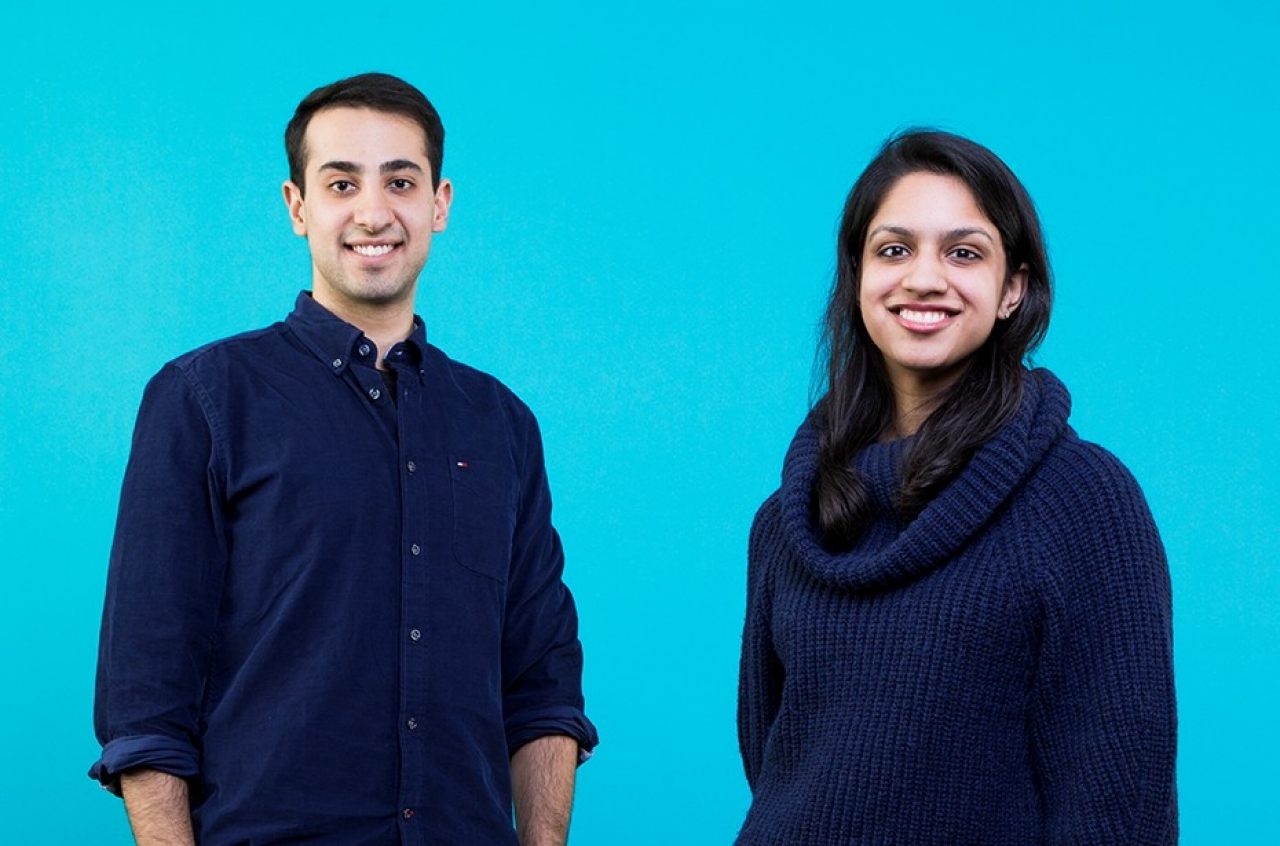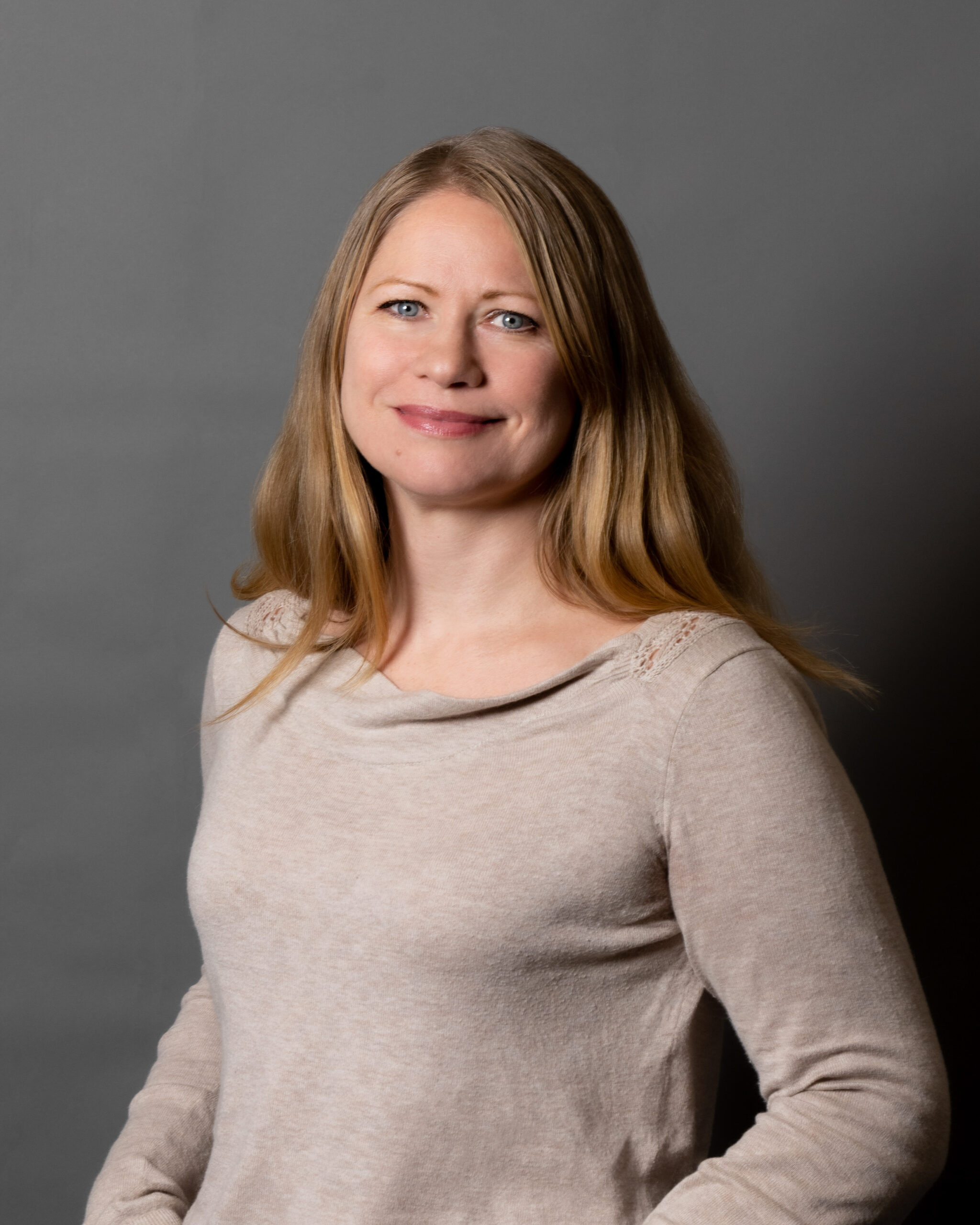
According to the American Heart Association, an estimated 103 million people—nearly half of all adults in the United States—are at risk for heart attacks and strokes due to high blood pressure. At the same time, the healthcare industry is facing pressure to drive down costs and improve efficiency. To help address this problem, a team of NYU students came up with CardiaCare, a wearable device to monitor patients’ heart health. We caught up with premed students Saranya Ramadurai and Semran Thamer to learn about the device and how it could fulfill a vital need.
NYU: What was the initial inspiration behind CardiaCare?
Semran: After noticing that more and more of our classmates were wearing Fitbits and Apple Watches, we started to wonder how such devices could be used in healthcare.
How did NYU’s 2017 Healthcare Makerthon give rise to CardiaCare?
Semran: When we found out about the Healthcare Makerthon, we decided to investigate how we could develop our idea for one of the challenges posed by the competition: to come up with a way to passively monitor key measures of heart health for chronically ill patients.
Saranya: The Healthcare Makerthon was an entire weekend devoted to developing the product that we had in mind with the help of amazing mentors ranging from physicians and entrepreneurs to engineers. We focused on the medical, business, and technical aspects of our product. We weren’t able to perfect everything, but we came out with a working idea of how it would be used.
Semran: Our wearable idea fit perfectly. With the help of our team and the mentors, we came up with a device that automatically takes heart health measures when a patient is sleeping and then safely stores the data on an online interface so that healthcare providers can conveniently and easily check on their patients.

What role did each of you play on the team?
Semran: I used the research skills I’ve acquired as a Global Public Health major to gather the necessary details to figure out how the extent of particular health-related issues, like chronic heart failure, persist across a population. I worked with the medical students on our team to create a presentation that clearly outlined the prevalence of chronic heart failure and associated complications. By illustrating the extent of the issue, we were able to clearly show the judges how CardiaCare could potentially improve outcomes and reduce hospital readmission rates.
Saranya: As an Economics major, I focused on our business model. This included figuring out whom to market our product to and which players should be involved in ultimately getting it to patients.
How do you envision the future of CardiaCare?
Semran: CardiaCare is still in its early stages. We are currently working on solidifying the technology and developing a working prototype.
Saranya: In the future, I can see it being used widely to provide a lifesaving measure for heart failure patients.
Can you tell me a little bit about Gregory Livschitz’s, Andrew Adelsheimer’s, and Utkarsh Anil’s roles in creating the venture?
Semran: Our team already included two medical students and two undergraduates, who were working on this idea, but we needed someone with technical expertise to work with implementation and software, and Gregory provided that. He’s studying for his master’s degree in Computer Science at NYU Tandon.
Saranya: Andrew Adelsheimer is a clinical researcher working on the outcomes of endovascular surgical procedures. He was very helpful in respect to his knowledge of the needs of patients with cardiovascular issues. Utkarsh Anil is also a clinical research fellow at NYU Langone with a background in developmental genetics. He did a lot of the background work for us, coming up with a rationale for the development of CardiaCare.
Have there been any new developments with CardiaCare since we last spoke with you?
Semran: We will revisit CardiaCare this summer by speaking with local experts about the cost effectiveness of the program to see if we can quantify the program’s impact.
